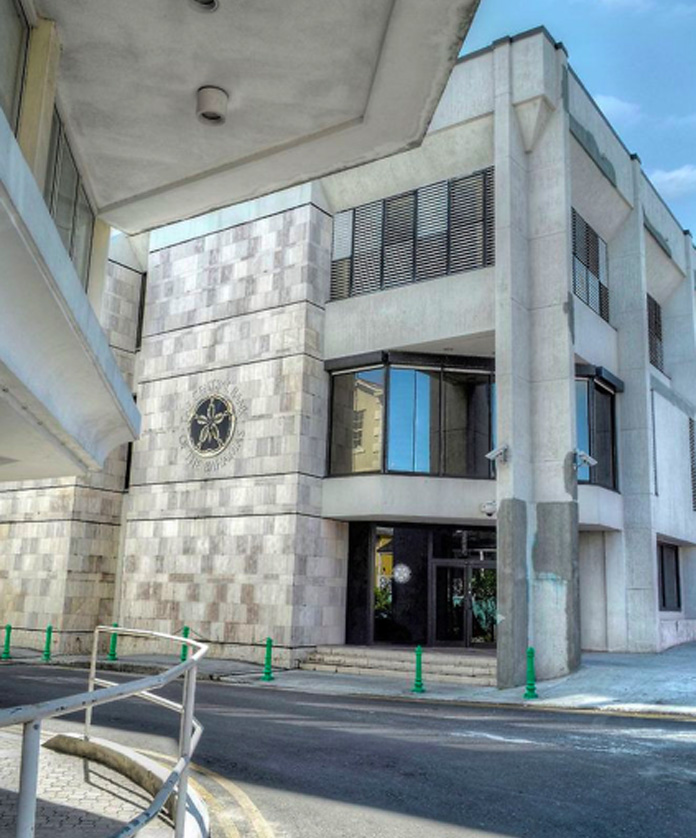
By Jerry Roker
for Bahamas Press
When we examine where we are now, versus 4 years ago, there have been
small but encouraging success in our attempts to reduce the stranglehold of debt on our economy. But back to back major hurricanes are sure to place us back to ‘square one’.
The Bahamas’ debt, which is approximately $7 billion, continues to be a major impediment to economic growth and human and sustainable development. It has deprived the government of the ability to use monetary policy to promote growth and provide the path for improved lives. It has become obvious to the authorities that everything has to be done to reduce the debt, because it is economically unwise for the nation to be burdened by such a huge liability.
Economists have posited that when the debt is over 75 percent of Gross Domestic Product (GDP), a country cannot grow its way out of debt and it will be difficult for it to improve its economy. It is worthy to point out that several Caribbean countries are already in this debt trap. Jamaica leads the way with a debt to GDP ratio of 110.5 percent in 2015 followed by Barbados at 108.5 percent, Grenada at 99.1 percent, Antigua at 96.4 percent, The Bahamas at 82.4 percent, St Vincent at 79.4 percent, St Lucia at 78.4 percent, St Kitts at 78.0 percent, Belize at 77.3 percent, and Dominica at 74.1 percent.
The narrative that the bus that brought us to this point commenced its journey in May 2012, is such a blatant untruth and it serves no useful purpose whatsoever. Truth is, the bus that got us here began its journey decades ago, and the task to reverse this upward debt spiral, fell in the lap of this administration.
Despite our debt servicing costs, we have managed to increase our budget for the provision of social services, there have been no staff reductions in the civil service and the value of our currency is intact.
In our country, we are a strange lot, we want and expect all the amenities citizens of the developed countries have, and then some, but we have an aversion to paying the taxes that would enable us to pay for them. Sometimes we are even very selfish. Case in point: The Prime Minister floated the idea of a minimal tax to help in mitigating the cost of the damage wrought by successive hurricanes and the voices against such an idea, fuelled, off course, by those opposed to the government, were louder than Gabriel’s trumpet. How do we then pay for restoration?
Everyone want to go to Heaven, but no one wants to die.







